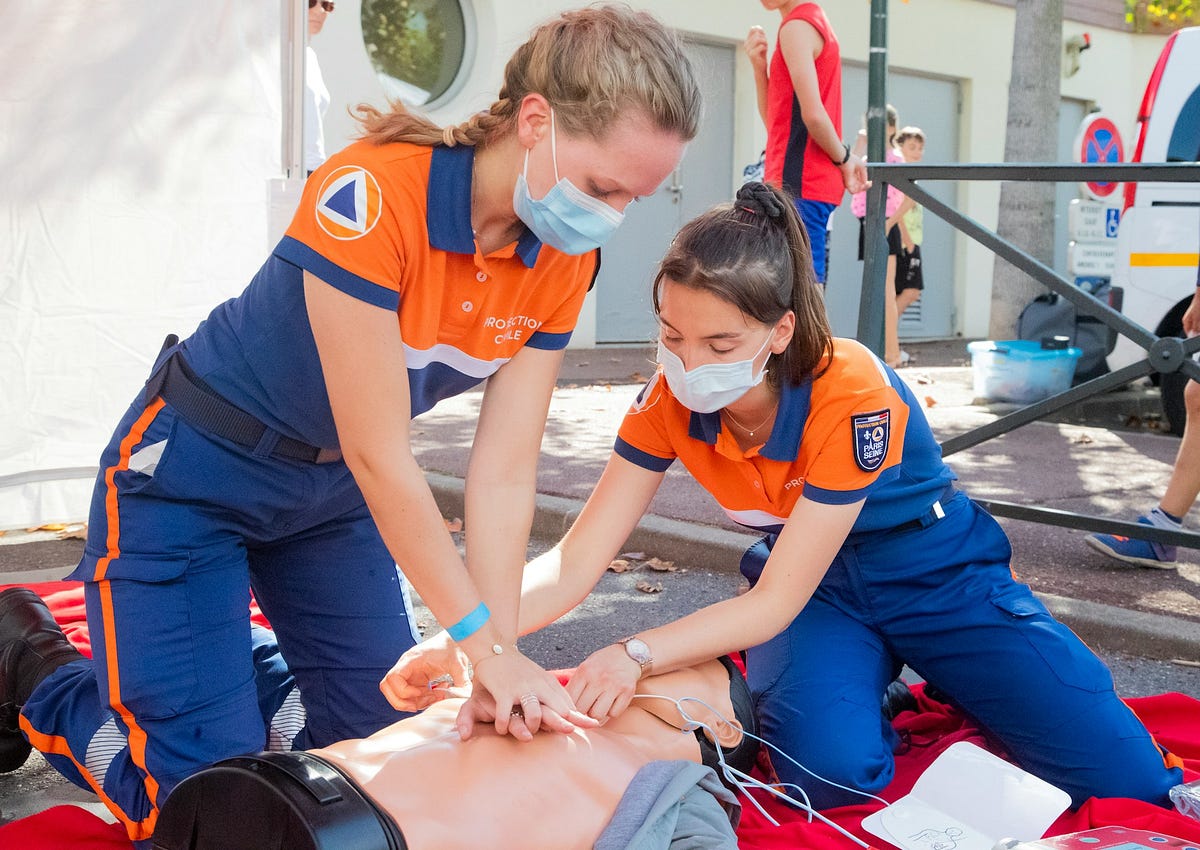7 Practical Steps to Naturally Lower Your Blood Pressure
High blood pressure, or hypertension, is a prevalent yet often silent health issue that significantly increases the risk of heart attack, stroke, and other complications. While medication is a common treatment, it’s crucial to explore lifestyle changes that can complement medical interventions. This 7 Tips explores seven practical ways to lower blood pressure naturally, offering accessible strategies for everyone, especially those facing challenges such as limited access to healthcare resources.
Spice Up Your Life With Access to Valentine’s Savings $175 Off at The Phoenix!
1.Incorporate Regular Exercise
Exercise is a powerful tool in reducing blood pressure. Aim for at least 30 minutes of moderate-intensity exercise, such as power walking, at least three times a week. Even short bursts of activity throughout the day can contribute to positive outcomes. Research shows that consistent physical activity can result in a notable decrease in blood pressure levels.
2.Monitor Sodium Intake
High sodium consumption is linked to elevated blood pressure. Strive to reduce sodium intake to below 2,300 milligrams per day, or ideally below 1,500 mg for those with hypertension. Focus on cooking at home and choosing low-sodium options when buying packaged or restaurant foods. Gradually adapting to lower salt levels and incorporating fresh herbs and spices can make the transition easier. Benefits Of Having Sex
3.Embrace a DASH Diet
The Dietary Approaches to Stop Hypertension (DASH) diet, emphasizing fruits, vegetables, whole grains, and low-fat dairy, has proven effective in lowering blood pressure. Even small adjustments, such as adding an extra serving of fruits or vegetables each day, can contribute to significant improvements in systolic and diastolic blood pressure readings.
4.Opt for Mocktails Over Alcohol
Excessive alcohol consumption is associated with higher blood pressure. Limit alcohol intake to one drink per day for women and two for men. Embrace the trend of zero-proof beverages, exploring delicious mocktail recipes to enjoy the social aspect without negatively impacting blood pressure or medication efficacy.
5.Prioritize Quality Sleep
Adequate sleep, ideally seven-plus hours per night, is crucial for blood pressure management. Establish a consistent sleep schedule, create a relaxing bedtime routine, and minimize screen time before bed. Research indicates that even daytime napping can positively influence blood pressure, offering an additional strategy for those facing challenges in achieving nightly sleep goals.
6.Integrate Probiotics
Probiotics, known for their digestive and immune health benefits, may also contribute to blood pressure regulation. Consider incorporating a multi-strain probiotic with over 10 billion colony-forming units into your daily routine. Consult with a healthcare professional to determine the suitability of probiotic-rich foods as part of your blood pressure management plan.
7.Manage Stress with Mindfulness Practices
Stress, whether from social, work-related, or socioeconomic factors, can elevate blood pressure. Engage in stress-reducing activities such as yoga, meditation, breathing exercises, and mindfulness practices. Scientific evidence supports the effectiveness of these strategies in reducing blood pressure, emphasizing their role in overall heart health.
Finally
Lowering blood pressure naturally involves adopting a holistic approach to lifestyle. These practical steps can be implemented gradually, making them accessible to individuals with diverse challenges, including limited access to healthcare resources. While these strategies are proven to have positive effects, it’s essential to consult with a cardiologist to determine the most suitable combination of lifestyle changes and medication for individual circumstances. Remember, you have the tools to take control of your heart health.
